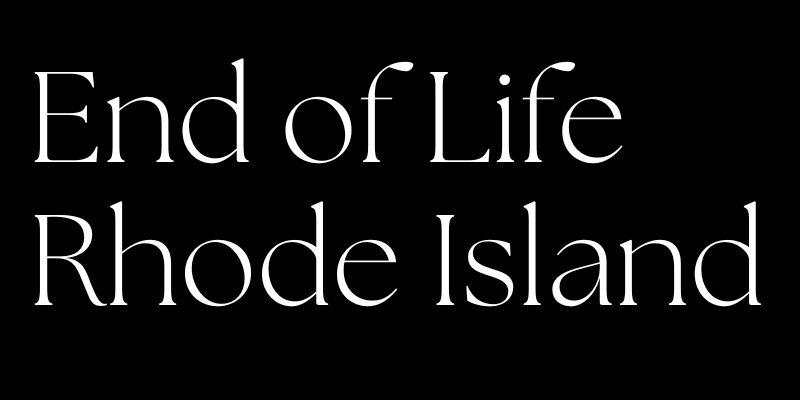Or, “Why do we need a doula if we have hospice services?” by Judith Sutphen, End of Life Rhode Island Collaborative Co-founder
Before it happens to you and your loved ones, it is impossible to imagine the emotional and practical impact of a terminal prognosis. Similar to bringing home a new baby, you can hear endless descriptions, but it is close to impossible to understand the lived experience unless and until it comes into your life.
This was true for me even though my husband had had Parkinson’s disease for 17 years. Bruce was so proactive and accepting of his disease we both had learned to live with it – even comfortably live with it. That status quo changed overnight with a diagnosis of a brain tumor, unrelated to Parkinson’s. Confirmed as a glioblastoma, the kind of tumor that almost always kills, the winter diagnosis resulted in the need by spring for 24/7 attention and care that lasted just short of a year.
Me and my teenage children drew a whiteboard grid: 8 hour shifts, 3 in each 24 hour cycle, a name in each square. We were on call for Bruce. Every week the names shuffled, but that whiteboard of constant coverage for our dying husband and father stayed operational until the end.
In time, hospice staff began dropping in, and over time with increasing frequency. But an hour or two of respite when the CNA or nurse was present just meant we could rest or take a brief walk, run an errand, before we returned to the inexorable schedule of being available to our beloved Bruce.
We walked around in the fog of deep grief, knowing how the story would end but not knowing when. Providing constant care for our patient while processing our own loss brought us to a physical, emotional and spiritual exhaustion that is beyond description.
As a direct result of my personal experience, I became a death doula. When I am asked why a doula is needed when hospice services are available, I think back on those exhausting and loving and irreplaceable days with my husband.
A death doula, a person devoted to the non-medical needs of the dying patient and their loved ones, provides continuity, compassion and flexibility for everybody involved. A doula can become a third party intimate, providing authenticity and clarity to a family riding the emotional roller coaster of end of life care.
A doula is best hired first and early, in order to establish familiarity and trust, build relationships with the patient and family. Then hospice services can be added to the galaxy of care when the time is appropriate. It is important and necessary that the doula is outside of and not a family member because an outside perspective is valuable, especially one not laboring under the burden of grief.
Patients and families that hire doulas are proactive, wanting to provide layers of comfort and care for their loved ones as well as those who support them. While hospice staff are focused on the critical function of pain control and the demanding physical needs of the dying loved one, hospice care leaves lots of gaps in a 24/7 care regimen needed at the end of life.
The many hours not covered by hospice fall by default on the caregiver, whether that is a spouse or child, as well as the rest of the family. Doulas can assist with this coverage, and bring resources, information and experience to a family often too emotionally drained to think clearly or plan on their own.
These challenges are further intensified when caring for a loved one who lives far from our own home. I recently had a Rhode Island friend whose Long Island sister was suddenly taken ill and eventually received a terminal diagnosis. As her only family member and primary support person, and constantly traveling back and forth between her own home and her sister’s, my educated and resourceful friend found it wildly difficult to negotiate systems for her dying sister’s care in unfamiliar territory. A local doula would have been able to provide information on community resources and contacts as well as continuity of care.
In conjunction with critical hospice care, a doula can support and guide a dying person to reflect on and plan for their unique end of life. They can encourage the dying to reflect on their legacy and what they leave behind, and then work to ensure that the patient’s plan and specific wishes are remembered and followed in the last months, weeks, days, and hours of life. This end of life reflection is too often left undone, as family members are not only caring for the patient’s needs, but responding to their own grief and other emotional reactions simultaneously.
Throughout, the doula can assist with logistical hoops, filling out necessary forms, deciphering inheritance laws, distributing possessions and pets and other valuables. They can fulfill the after death wishes of the patient. Finally, they can help the family memorialize the dead, perhaps with a ritual that brings comfort and solace to the family in their grief.
All of these doula functions are not included in the purview of hospice services. But together, doula and hospice services provide exceptional support for the dying loved one and their family.
We highly recommend giving this GeriPal – A Geriatrics and Palliative Care Podcast episode a listen. They do a great job explaining why a doula is an excellent compliment to hospice care. And you hear from the Executive Director of a hospice organization that added end-of-life doula care to their services.
